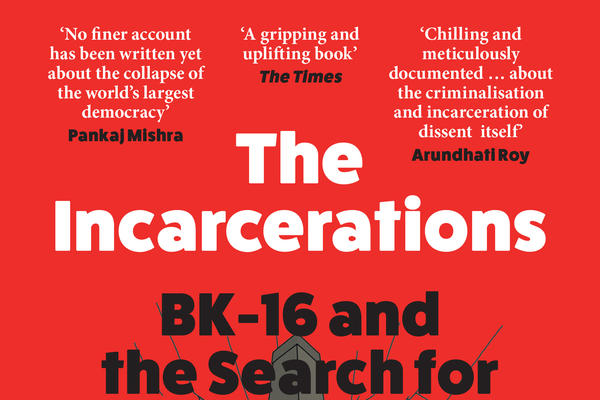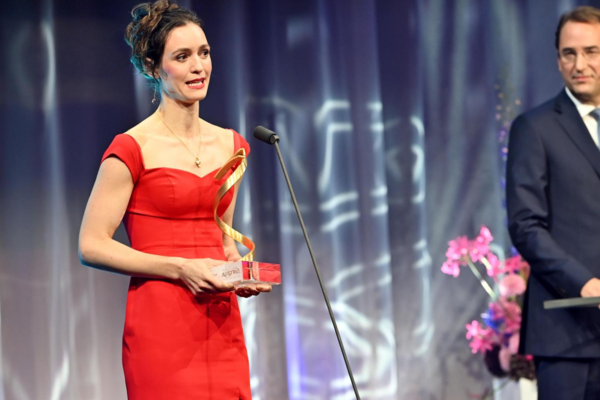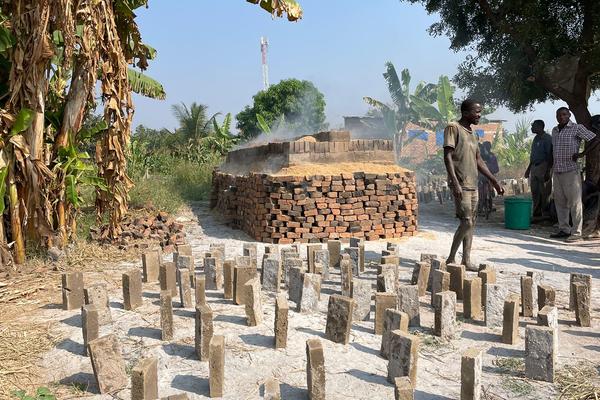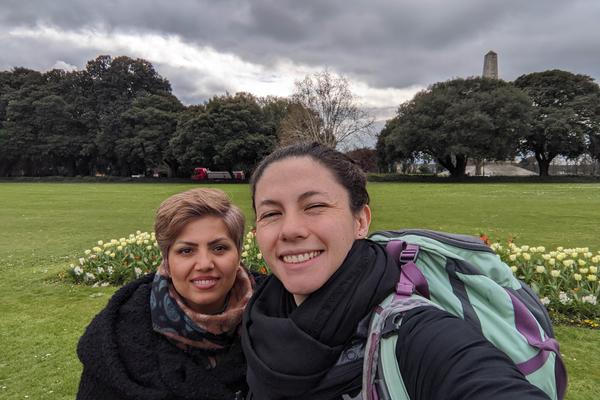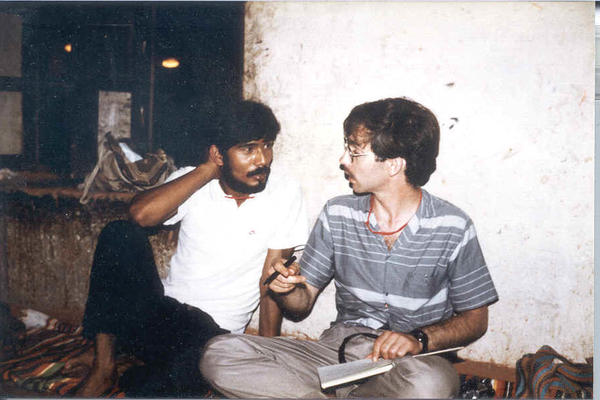Paul Basu receives Curatorial Excellence Award
Congratulations to Professor Paul Basu who has received the prestigious Curatorial Excellence Award at the Triennial Conference of ACASA, the Arts Council of the African Studies Association, in Chicago.

The award was made by Professor Jean Borgatti, the Chair of the Curatorial Awards Committee, in recognition of the exhibition [Re:]Entanglements: Colonial Collections in Decolonial Times, which Paul curated at the Museum of Archaeology and Anthropology, University of Cambridge, in 2021-22.
The [Re:]Entanglements exhibition was the culmination of a 4-year research and community engagement project, which explored the contemporary values of colonial-era anthropological collections and archives from West Africa. Juxtaposing historical artefacts, photographs and sound recordings with critical and creative responses of Nigerian and Sierra Leonean artists, storytellers and community stakeholders, the exhibition was conceived as a series of provocations that sought to engage audiences in the challenging questions posed by the historical materials. Among the various installations were collaborations with the Nigerian artists Kelani Abass and Ozioma Onuzulike, and thought-provoking audio-visual works such as Faces|Voices.
In my view these are some of the most important museum engagements I have seen in many years. … What you are doing is so important and so exciting. You have moved beyond the older disciplinary divides. … What I also love is that you are partnering with such fabulous artists and designers.
Suzanne Preston Blier, Professor of African and African American Studies at Harvard University
In her comments on behalf of the Awards Committee, Jean Borgatti noted that the Cambridge exhibition was only one in a series of [Re:]Entanglements project exhibitions that Paul Basu had curated or co-curated in collaboration with different individuals and institutions in West Africa and the UK, ‘creating not only formal, smaller exhibitions but also multiple “pop-up” exhibitions along the way. These were in towns and villages in Nigeria and Sierra Leone, the original sources of the collections, photographs and sound recordings collected by N. W. Thomas between 1909 and 1915 that formed the basis of the project’. Professor Borgatti described the Cambridge exhibition as ‘a dense, richly layered, and innovative presentation of objects, images and information that is not easily summarized’. She commended its inclusivity, its multi-media approach, and its innovative website.




